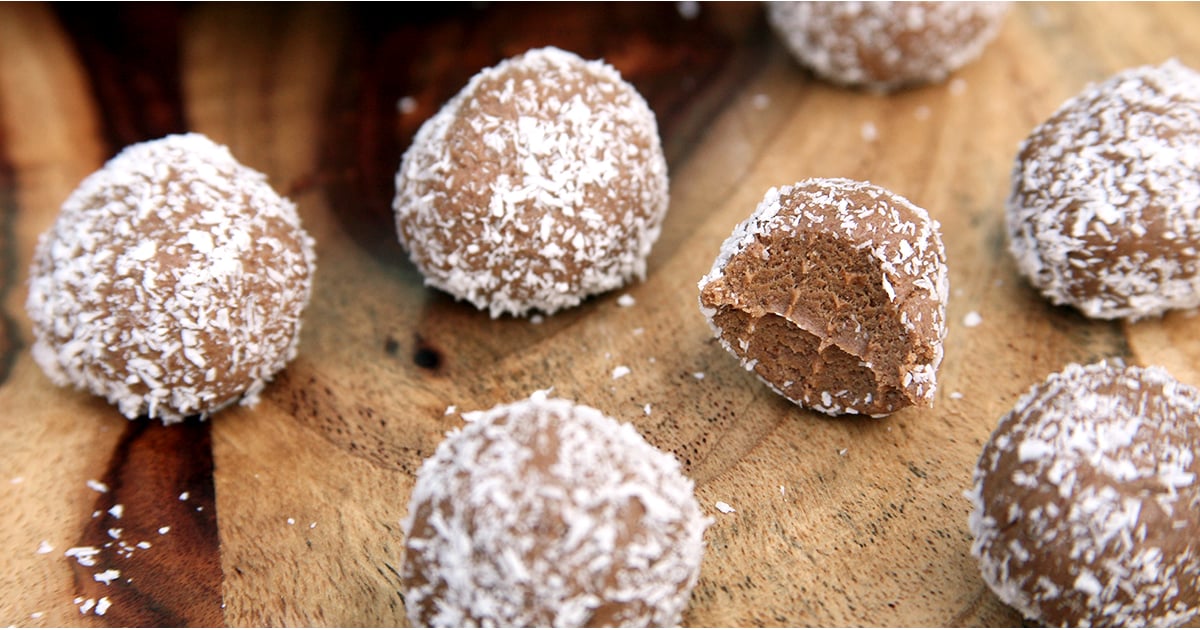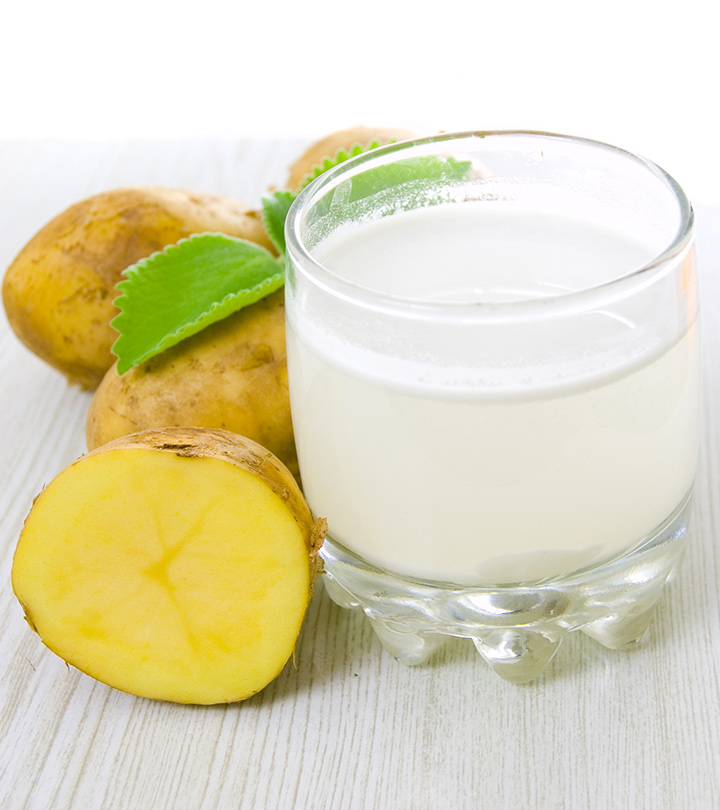Aging is a natural process and cannot be reversed. However, you can use alpha-lipoic acid for skin to slow down and minimize the appearance of fine lines and wrinkles. This potent anti-aging ingredient can tighten the skin, improve its firmness, and keep it youthful.
If you have never heard of this ingredient, you might wonder if it is safe for the skin. Don’t worry. We have addressed your queries in this article.
Scroll down to learn how alpha-lipoic acid may benefit your skin, how to use it, and potential risks.
Stylecraze Says Alpha lipoic acid is an organosulfur (a compound containing organic sulfur) derived from caprylic acid.
In This Article
What Is Alpha-Lipoic Acid?
Shutterstock
Alpha-lipoic acid, also known as lipoic acid, ALA, or thioctic acid, is an antioxidant. It is believed to have numerous beneficial properties. It is found naturally in the liver and kidney of animals, and vegetables like spinach, broccoli, and potatoes. This vitamin-like chemical is also made in the laboratory for use as medicine.
Alpha-lipoic acid is often used in drugs for treating certain types of diabetes-related pains (1). It has versatile uses and can be consumed orally as well as applied topically.
Did You Know? Alpha lipoic acid was discovered by Snell in 1937 and isolated by Reed in 1951.
Let us take a look at the various benefits alpha-lipoic acid can offer to your skin.
Alpha-Lipoic Acid Benefits For Skin
iStock
Alpha-lipoic acid is extensively used in skincare and cosmetology owing to its perceived anti-aging properties. Some research suggests it can make your skin glow and feel smooth in the following ways:
- Protects Against Free Radicals
As it is a powerful antioxidant, alpha-lipoic acid neutralizes harmful free radicals(1). Free radicals could damage your skin.
- Delays The Signs Of Aging
Alpha-lipoic acid may delay the appearance of facial aging (2). In another study, alpha-lipoic acid dispersions were found to reduce fine lines and wrinkles and promote skin texture in volunteers (3).
- Makes Your Skin Visibly Radiant
Topical application of products with alpha-lipoic acid may improve your skin’s overall health and appearance. By fighting against the signs of aging and exposure to environmental pollutants, alpha-lipoic acid can make your skin visibly clearer and smoother.
Related: 6 Simple Ways To Make Skin Glow Overnight
- May Protect Against UV Rays
Anecdotal evidence suggests that alpha-lipoic acid may protect your skin from ultraviolet (UV) rays. This benefit could be attributed to the acids antioxidant properties.
- Soothes And Nourishes Dry Skin
Dry skin is more prone to damage and needs intensive care to look healthy and nourished. Using alpha-lipoic acid on dry skin may make it soft, smooth, and supple. However, more research is warranted in this regard.
- May Reduce Skin Damage From Smoking
Smoking can cause oxidative stress that damages your skin (4). It is believed that topical application of alpha-lipoic acid may help reduce this damage.
- Could Be Suitable For Sensitive Skin
Alpha-lipoic acid is good news for those with sensitive skin. It seldom irritates your skin or causes redness or breakouts.
Related: 11 Reasons Sunscreen Is Important For The Skin & How To Use It
We now know the benefits of alpha-lipoic acid for the skin. But is it suitable for everyone? Find out below.
Is Alpha-Lipoic Acid Suitable For All Skin Types?
iStock
Yes, alpha-lipoic acid is gentle enough to be used on any skin type.
If you want to revitalize your skin, improve its texture, fight acne, or prevent premature signs of aging, alpha-lipoic acid is exactly what you need. Its antioxidant and anti-inflammatory properties soothe your skin and reduce acne symptoms.
Anecdotal evidence suggests that regular use of alpha-lipoic acid might help lighten pigmentation. This gentle and beneficial ingredient is something people with all skin types can benefit from.
That said, could alpha-lipoic acid have any adverse effects too? Let us understand the same in the next section.
Related: 10 Effective Home Remedies For Sensitive Skin
Potential Side Effects Of Using Alpha-Lipoic Acid
iStock
Alpha-lipoic acid is generally considered safe and gentle with a low risk of side effects. However, since it is a detoxifying enzyme, it may cause your skin to purge during the initial use and lead to breakouts. Do not worry if this happens as the purging stops within a few days of initial use.
When taken in the recommended doses, it rarely causes any adverse effects. But if taken in higher doses, it may lead to symptoms like nausea or rashes. These effects could be more pronounced in the elderly (5). Extremely high doses may lead to oxidation, though there is no research to support this. Some products with a high concentration of alpha-lipoic acid may lead to redness or skin irritation.
If you are new to it, it is recommended you incorporate alpha-lipoic acid gradually into your skincare routine. Pregnant women and children should consult a healthcare provider before taking this antioxidant.
How To Use Alpha-Lipoic Acid In Your Skincare Routine
iStock
As a skincare ingredient, alpha-lipoic acid is extremely versatile. It is both water- and fat-soluble and can be consumed in the form of supplements or applied topically in the forms of creams and gels.
While alpha-lipoic acid is made in the human body, it is produced only in minute quantities. Some foods may also contain this acid. But supplementation is believed to be the best way of optimizing its intake. It is best to take alpha-lipoic supplements on an empty stomach.
For those looking to incorporate alpha-lipoic acid in your skincare routine through topical application, you can go for creams, gels, moisturizers, and serums containing the ingredient after consulting your doctor.
Infographic: More About Alpha-Lipoic Acid
Alpha-lipoic acid is a versatile ingredient that helps treat skin care issues and improve overall health. You can incorporate it into your daily routine through topical application and oral supplementation. However, you should know the recommended dosage while taking it orally.
Check out the infographic below to learn about alpha-lipoic acid, its food sources, and its safe dosage.
Alpha-lipoic acid is an antioxidant that helps keep the aging signs at bay. You may use alpha-lipoic acid for skin rejuvenation and restore its natural glow. It helps delay the signs of aging, makes the skin softer and radiant, protects against sun damage, and nourishes the skin. You will find this ingredient in face creams, gels, and serums. It is suitable for all skin types as it is gentle and light on your skin. However, you may experience temporary skin breakouts in the initial days of usage.











